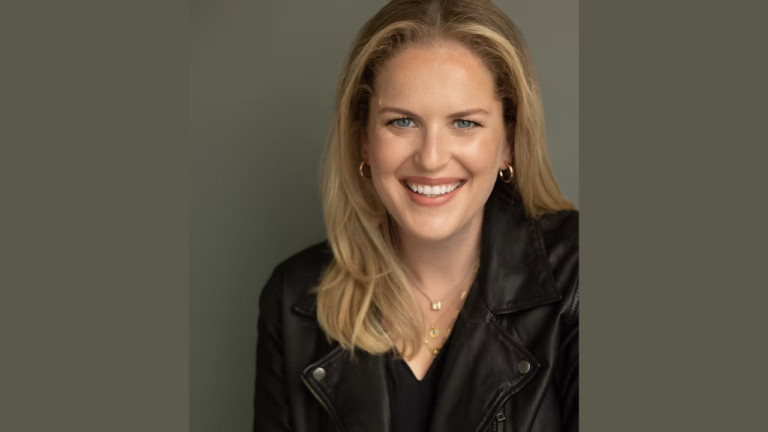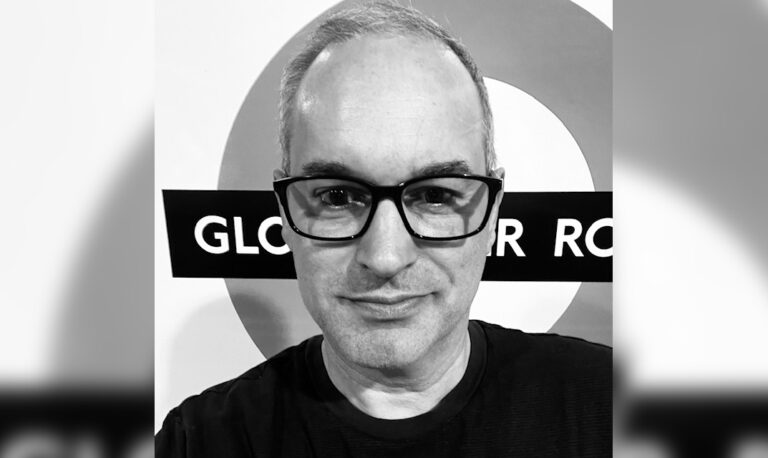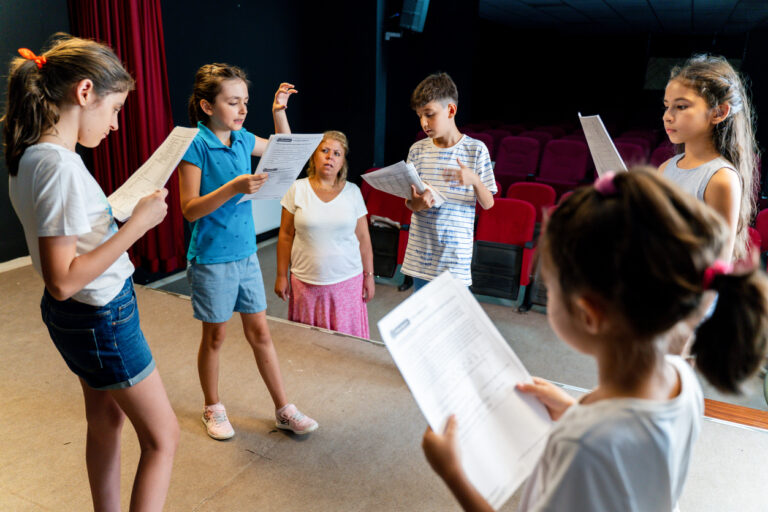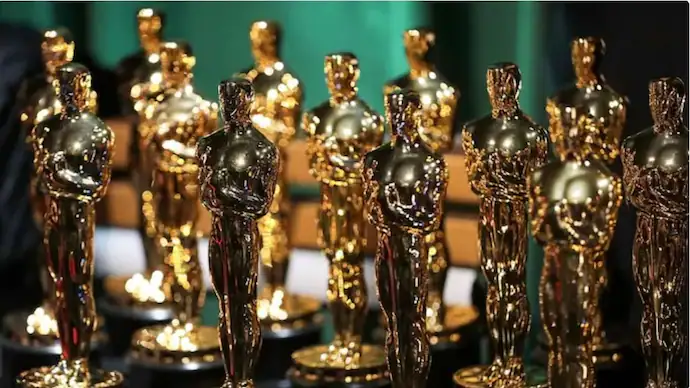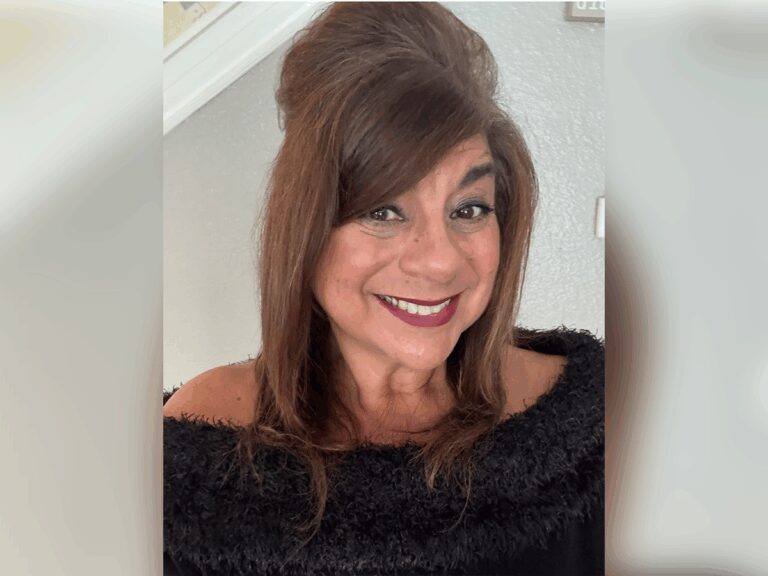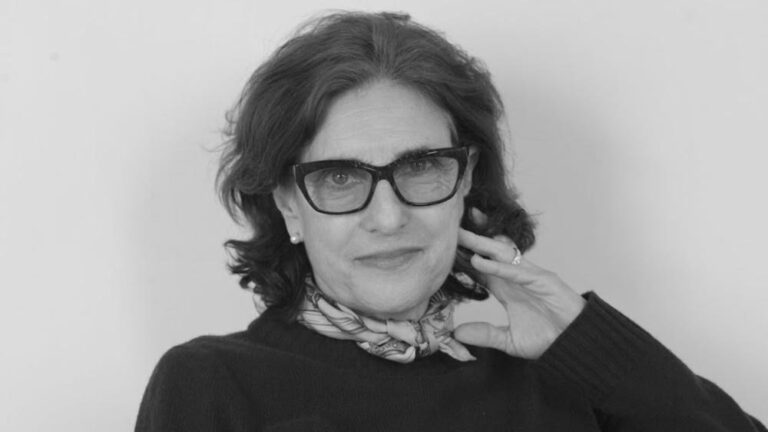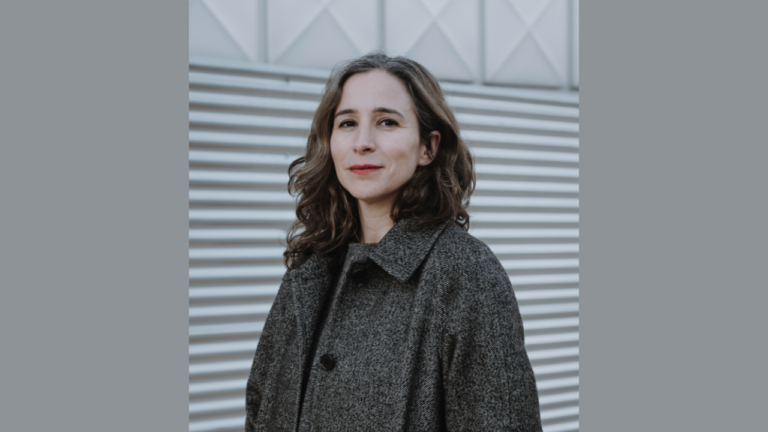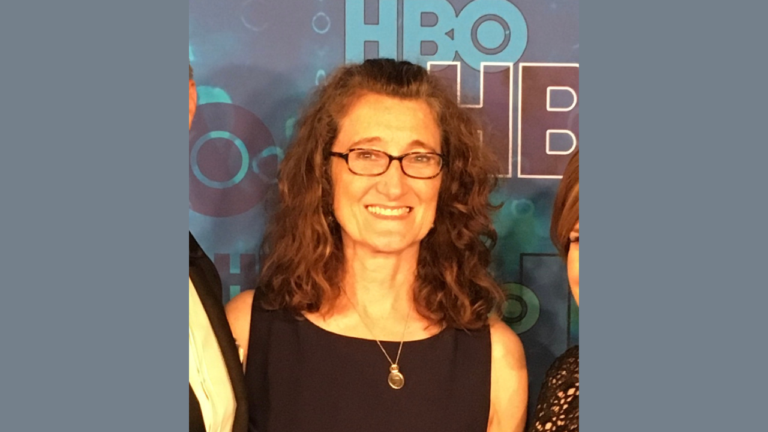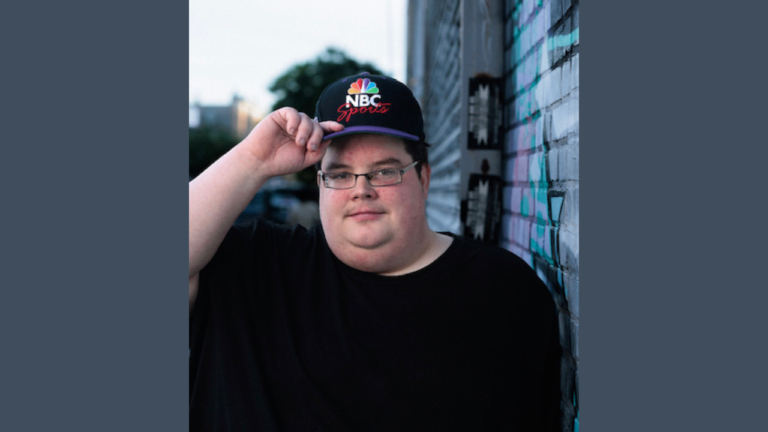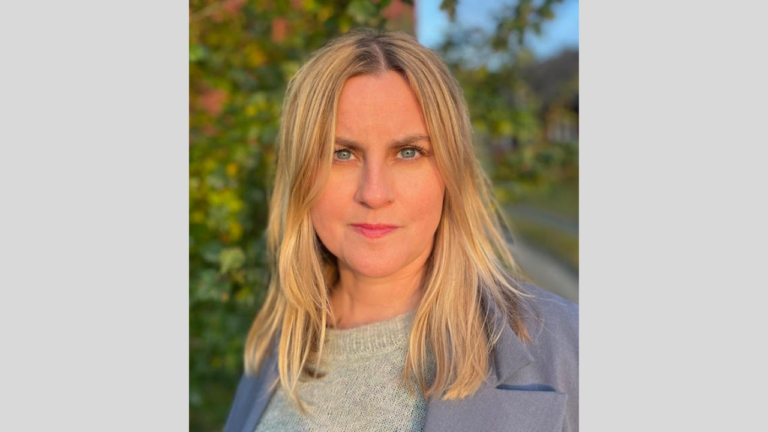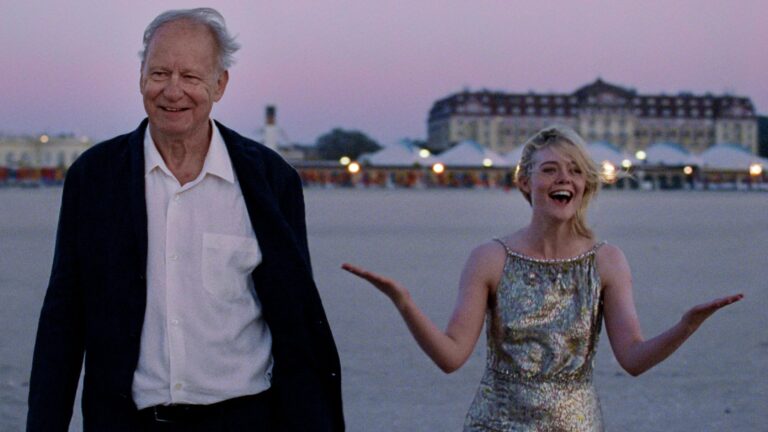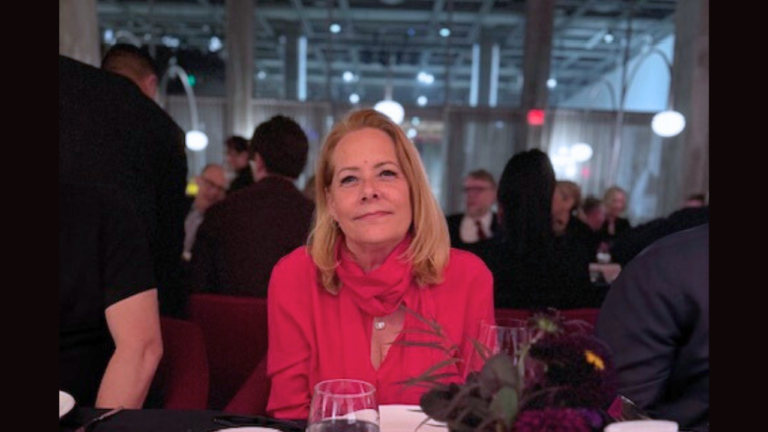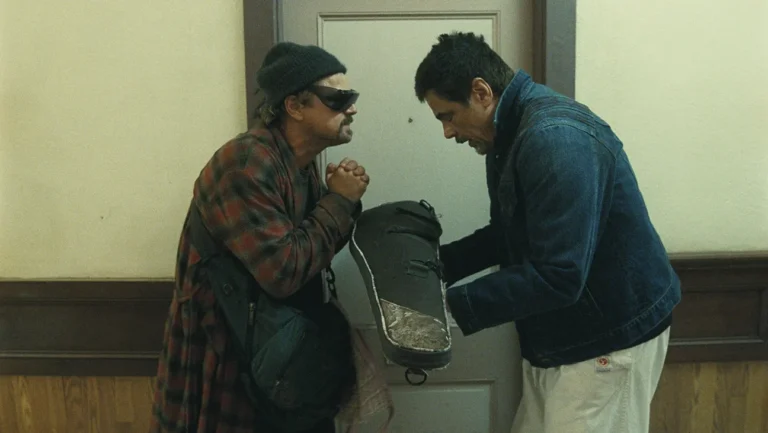With a career spanning decades and a filmography featuring roles in everything from Law & Order: SVU to The Curse of La Llorona, Tinpo Lee is no stranger to the screen. However, his recent role as Marty Reyes in the blockbuster Final Destination: Bloodlines has solidified his place in the pop culture zeitgeist — and proved that life after 50 can be just as thrilling as the third act of a horror classic.
Known for his versatility and quiet strength, Lee is building a body of work that reflects the power of reinvention, reflection and the radical possibilities of aging with purpose.
In this exclusive interview, we talk with the veteran actor about his experience working alongside acclaimed actors, his thoughts on the industry’s evolution and his deeply personal new short film Fu, created in collaboration with his daughter, actress Peyton Elizabeth Lee.
With more projects in the works, Lee shows every sign of rising into a new era of storytelling.
Insights From Tinpo Lee
- Always ground your performances in personal truth and authentic relationships, regardless of the project’s scale, to create believable and impactful characters.
- Take initiative in your career by creating your own opportunities and projects, rather than waiting for permission or perfect circumstances.
- Focus on honing your craft and enjoying the audition process, letting go of what you cannot control and remembering that rejection is a normal part of the journey.
You recently starred as Marty Reyes in the blockbuster hit Final Destination: Bloodlines. How did you mentally prepare for a film that’s rooted in fear, suspense and death?
Before it made $268 million globally, Final Destination: Bloodlines was just another job. I had no idea I was stepping into a franchise with such a passionate, far-reaching fanbase.
After the film came out, I started hearing from people all over the world — Mexico, the Philippines, Indonesia. That kind of resonance reminds you how far a story can travel — and how little control you have over what connects.
That said, I try not to think about results when preparing for a role. Whether it’s a massive franchise or a student film, I always begin by grounding the character in my own life. In this case, the most powerful shared experience between Marty and me is that we’re both fathers who love our kids more than life itself. That was my way in — grounded, with deep roots.
The second part of the equation, for me, is the relationships. Often, there’s little time to bond with your castmates before filming, but in this case, we were all in Vancouver for several weeks ahead of production. We spent time together outside of work, and that made it easy to feel like a father to Kaitlyn Santa Juana and Teo Briones — to build something that felt real between us, which I could then bring into the scenes.
As for my on-screen relationship with Rya Kihlstedt, who plays my ex-wife Darlene Campbell, who abandoned the family when the kids were very young, that was a very different exercise. Rya and I met on set for the first time, and in our first scene together, she arrives at a funeral after being absent for over a decade — a pretty emotional moment.
This was a much more typical work situation for me, in which I had to rely on the work I’d done on my own and then, on the day, connect with the other actor as openly and vulnerably as possible. I was very fortunate that Rya is a wonderful actress with whom I was able to very quickly create a relationship by simply allowing myself to fall into her reality.
I remember the first time I felt this way on set. It happened on Law & Order: SVU. I was in a scene with Chris Meloni, and there was a point at which I got completely lost in his world, just going for a ride. After that take, Chris gave me a high-five. I guess he felt like we had done some good work, too.
That is the third part of my process, which is allowing the other actors, the situation, location, props and so on, to affect you by using your imagination.
A short story about that: I remember being on the set of General Hospital, an exterior street in Brooklyn. I was on a meal break, sitting on the stoop of a fake brownstone, but I was inspired by how real the set looked, and I just allowed my imagination to run with that. There was snow on the ground. The street lamps had been turned on and it felt like the middle of the night.
The next thing I knew, I was weeping. I had just allowed myself to be transported by my surroundings, and for me, that’s the fun of acting.
Are you superstitious? Did working on Final Destination make you more cautious?
Ha! I’d like to say I’m not superstitious at all, but I have to admit that it sneaks up on you when you least expect it.
I once read that it’s an evolutionary survival instinct for human beings to make connections between causes and effects. Like dark clouds predict lightning strikes, which is true and helps us stay alive. Then we take it to the next level and start to attribute effects to unrelated causes, like black cats and broken mirrors, and that’s apparently the foundation of superstition. Multiply that by the anxiety and protective instincts of parents with their children, and you’ve got a perfect storm of superstition, which is exactly what the Final Destination franchise exploits. It’s genius.
Thinking about joining Casting Networks? Sign up for a free trial today!
You’ve been in show business for more than 30 years. How has the industry changed regarding Asian representation?
I can go back even further to my childhood. I have always loved movies and television, but I noticed that there were virtually no Asians in anything I watched.
The only Asian characters I remember were Mr. Miyagi, Long Duck Dong and Kwai-Chang Caine from Kung Fu. All three of them had heavy accents, and one was played by a Caucasian, which, today, feels unthinkable, but back then was unfortunately common.
I’m grateful we’ve moved forward. I don’t even know how or why I thought I could survive as an actor.
These days, I see Asians in all kinds of roles in television and movies, including leading men and women across a variety of genres. Is there room for improvement? Probably. But from my perspective, the change has been extraordinary, and I am very proud to have been a part of it.
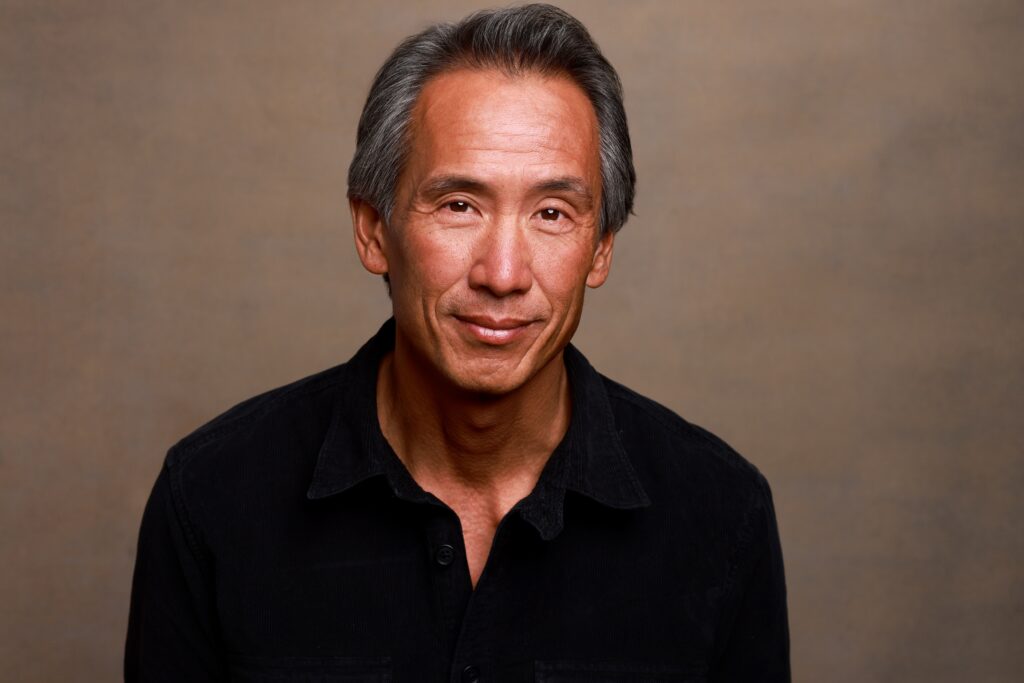
Over your career, there have been roles that went to someone else. What’s your advice to newcomers about rejection? Has your mindset changed over the years?
The simple, painful fact is that most roles go to someone else. Almost all of them. That’s just the name of the game.
Having worked in advertising for many years and now casting our projects, it’s very clear to me that we actors have very little control over getting cast. The only thing you can control is working hard to become the best actor you can be. And in this game, that’s table stakes.
The best analogy I’ve heard is that trying to work as an actor in Hollywood is like trying to play football in the NFL. When you’re trying to have a career in Hollywood, you have to remember, this is the big leagues. If you’re not at the top of your game, you’re going to get crushed.
However, ironically, you then have to relinquish all control. You might submit an outstanding self tape and still not get the role because there are a million other factors that come into play: too tall, too short, blonde, brunette, redhead, too cool, too high energy, too attractive, too real, etc., etc., etc.
The point is that you can’t control any of the infinite factors that go into casting a role. And even if you could, that would take all the fun and spontaneity out of acting.
For me, the lesson I’ve learned over the years is to enjoy auditioning. If you get an audition, you’ve already won. Now, do your best to deliver an incredible performance, click “send,” and just be proud of the work you did. Leave the rest to fate.
How do you typically prepare for a role? Are you more instinctive, or do you research and build a backstory?
I would say I’m more instinctive, meaning that I don’t have a process that is set in stone. The only thing I can say that I do every time is that I read the script over and over so that I know it so well that the story simply becomes part of my existence. Then I think about how the character is like me, and unlike me, and try to build on that.
Beyond those two things, I do whatever I feel I need to make it real and exciting for myself. Writing. Music. Imagination. Memories. That’s the part of this work that I find so inspiring and interesting.
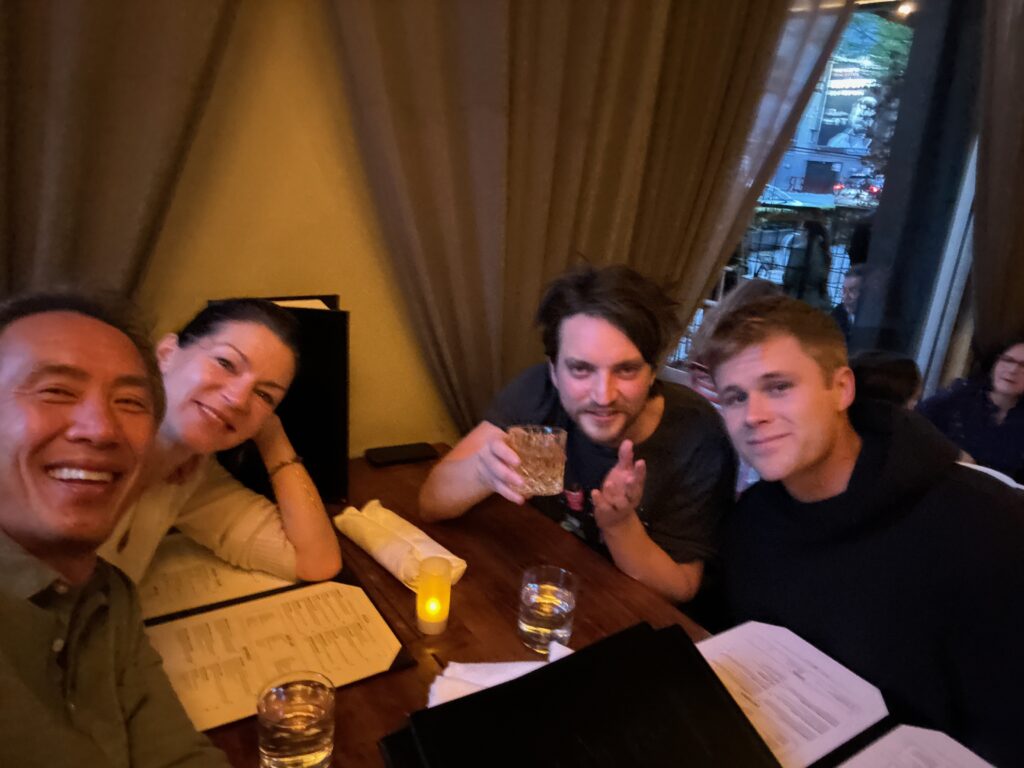
You and your daughter, actress Peyton Elizabeth Lee, who is known for the Disney Channel show Andi Mack, started Prince Hobo Productions, a creative studio. First up is a short called Fu, in which you’ll star. Give us the background of why you and Peyton started the company, how you came up with the name “Prince Hobo Productions,” and what the ultimate goal of the studio is.
Peyton booked Andi Mack when she was just 11 years old, and she quickly became quite well-known (Disney shows have a way of doing that). As an actor in the business for a long time, I was always cognizant that the show would eventually end.
Even from the beginning, Peyton and I were always discussing what she wanted to do next and the kinds of roles she would like to play. We started reading every book that fit the bill, looking for intellectual property (IP) to option and develop. That was the beginning of Prince Hobo Productions (named after Peyton’s cat).
Since then, we’ve optioned two books, sold one animated show, and written three scripts of our own: a pilot, a feature and a short. The goal of Prince Hobo has always been to take control of our creative paths — telling stories with the heart of a YA (young adult) and the wisdom of an OG.
One of the hardest parts of being an actor is waiting for permission to work. Having our own company means we don’t have to wait. If we believe in an idea, we can just start.
To be clear, you don’t need a studio or a company to do that. You just have to commit to doing it yourself. And when I say do it yourself, I mean do it all yourself.
I’ll give you an example: Years ago, I came across a documentary about rock stars who had become fathers called The Other F Word. We fell in love with the idea of Peyton playing the daughter of an aging rock star, rebelling against the rebel. We tried getting the rights through traditional paths, but we didn’t make any progress for months; so we decided to do it ourselves.
The documentary was inspired by a book called Punk Rock Dad, written by Jim Lindberg, the lead singer of Pennywise. Coincidentally, I have a friend who went to high school with Jim, so I called her and asked if she would connect us. That led to getting a cup of coffee together and getting an option on his book. Then, we needed to find a writer. Again, we tried the traditional path through reps, but to no avail.
We pitched the idea to one of our friends who was writing for Peyton’s show, Doogie Kameāloha, MD, and he signed on to the project. That led to a pitch at Disney and a pilot deal. None of that would have happened unless we took the initiative ourselves.
This past year, Peyton and I took our DIY approach to the next level. Years ago, I read an article about Fu Manchu, a character created in the early 1900s that embodied many racist stereotypes.
It occurred to me that there are a lot of racist tropes that have been reclaimed in contemporary culture. That was the inspiration for what would become our first short film, Fu. Peyton would direct, I would act and together, we would write and produce. DIY all the way.
We wrote the script ourselves, finding inspiration in Cervantes’ Don Quixote and embracing the idea of a tragi-comic protagonist.
For casting, I had the incredibly good fortune of meeting Richard Harmon and Rya Kihlstedt on the set of Final Destination. We became fast friends, and they did us a favor by playing the two main supporting roles in our film.
For funding, we had just gotten paid for our Punk Rock Dad pilot, so we decided to reinvest it into this next project. We called in every favor from everyone we know to make this film.
It would not have happened any other way. And that’s the point of this story: if you want to make something, there is almost zero chance that it will ever happen unless you do it yourself.
I realize that not everyone has the same access, but even so, pushing through limits has to start with believing in your voice. Leverage everyone and everything you can to make your dream come true.
We shot Fu at the end of last year and are now completing post-production, with submission to festivals soon to follow. Wish us luck! You can follow our journey @whoistinpo. We’ve got a few new scripts in development, too, and I can honestly say this is the most creatively alive I’ve felt in decades.
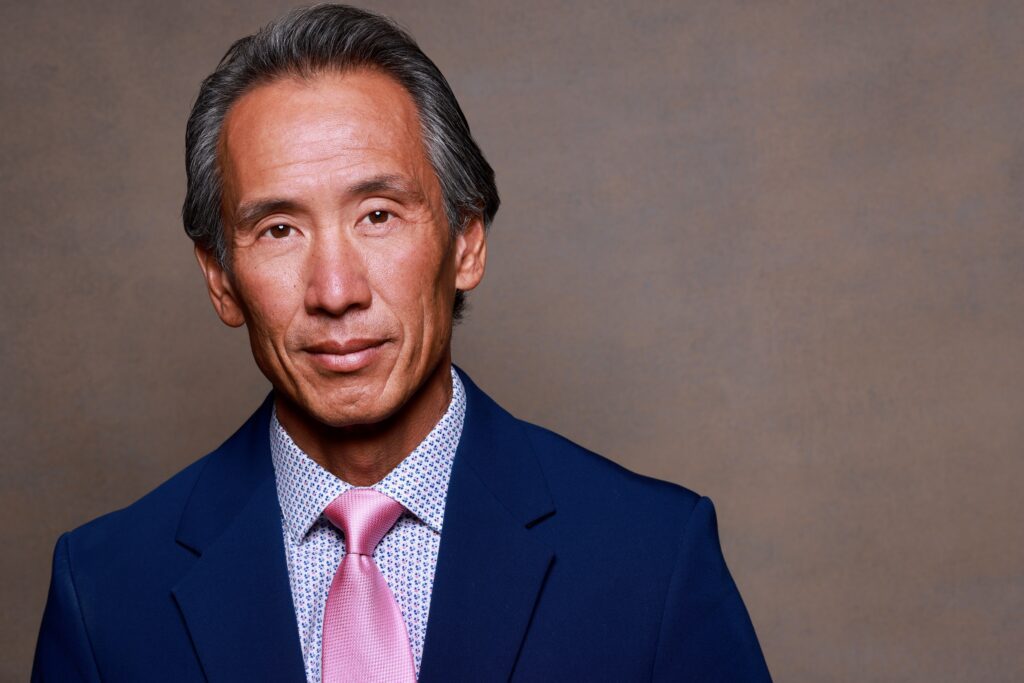
Lots of people have great expectations about becoming an actor, not realizing that it’s one of the hardest jobs on the planet. What ups and downs can people expect when going into acting?
The ups and downs are incredibly intense and come when you least expect it. The lows start with constant rejection and can escalate into getting cut out of a project or even getting fired from a job.
I was fired from a national commercial because the CEO of the advertiser came to set and didn’t think I looked enough like one of their customers, so they replaced me with a guy they found in the pool of background actors. That was an incredibly demoralizing and mortifying day for me. On the flip side, that background actor probably tells the same story and counts it as a lucky break.
I try to remember that every one of my bad stories is a good story for someone else. It keeps me sane.
On the high side, every time you book a role, whenever you’re on set, getting recognized for your work, these are all incredible highs. Especially when you’re constantly existing in the lows, the highs feel that much higher.
A few years ago, I was working on Chicago P.D., and Sofia Bush was done for the day but stayed to watch my scene. She approached me after I wrapped to tell me how much my performance moved her. That was a great memory for me.
Unlike when you’re working on the stage, you rarely get that kind of feedback and appreciation in person. I think the most surprising lows come directly after the highs.
For me, there’s a period after completing a job when it’s time to get back to the grindstone that’s depressing. After all these years, it’s a feeling I still never see coming. That’s what I’m working on these days — trying to be grateful for everything, to enjoy the successes for longer and to be thankful that I even have the opportunity to try. Not everyone even gets that chance.
Who’s been your biggest supporter — someone who believed in you before the industry did?
My wife. I truly couldn’t have done any of this without her belief in me.
Final Takeaways
Tinpo Lee’s decades-long acting journey is a testament to reinvention, resilience and the thrill of creative risk—no matter your age. Lee shares honest insights about his process, the changing industry, and the ups and downs of a life on screen. Here are the key takeaways from his story:
- Lee grounds every role in personal experiences and real relationships, bringing authenticity to his performances.
- He celebrates the rise of Asian representation in Hollywood but notes the journey is ongoing.
- Rejection is an expected part of the job, so Lee focuses on craft, process, and enjoying each opportunity.
- By launching Prince Hobo Productions with his daughter, he takes control of his creative path and encourages a DIY spirit.
- Lee reminds actors that the highs and lows are unpredictable, but gratitude and perseverance are essential.
You may also like:
